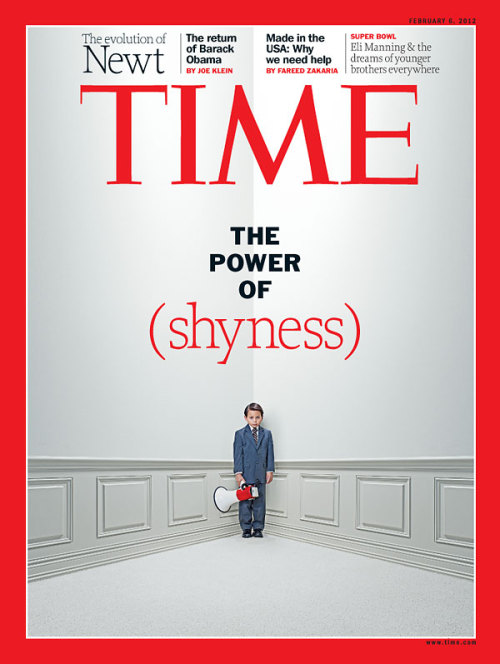
All of this is very interesting to me because despite the seemingly consensual agreement that there was no problem with food in America during the 50s and 60s, the U.S. still managed to change during the late 60s and 70s. Of course this was the hippie counter-cultural movement catalyzed by the Vietnam War, promoting all things un-American, which at the time included organic food. And thus, the organic food movement began, albeit in humble, scattered grassroots fashion.
Vietnam War aside, however, there were, and still are today, major issues with the American industrial food sector that spurred, and continue to spur, part of society to rebel. There are health, animal rights, and environmental hazards abound in and around confined animal feeding operation (CAFOs). According to David Kirby's Animal Factory, agricultural feedlot miasma have near 170 different chemicals, many of which cause debilitating human health problems and rearing cattle is a worse greenhouse gas producer than driving cars. Kirby describes a dairy farm as having "manure-smeared animals...jammed onto strictly confined tracts of land" (7). He writes how all the grass in the feedlots was gone, replaced by dirt, urine, and excrement of many cows. A commonly used phrase nowadays seems to be that cows were designed to eat grass, and when they don't have access to it barely at all, it's hard to imagine that's good for their health.

There are obviously various issues with factory farming, and they are directly juxtaposed by Kirby as he describes a more old-fashioned dairy farm: "...she had always delighted at watching mothers and their calves gamboling about the green pastures of their valley home. She figured they were doing whatever it is that cows do at peace in their world" (6-7). Although this image is somewhat contrived and cliched, it nevertheless seems that our old-fashioned, grittier way of life was turned upside down over the years to many peoples' excitement and comfort. But as the megalith that is agribusiness proliferated after decades of compounding growth, some caution was tossed to the wind in submission to the incessant demand. According to the CDC, "More than one-third (35.7%) of U.S. adults are obese. Approximately 17% (or 12.5 million) of children and adolescents aged 2-19 are obese." And if you look at the website linked before the quote paying attention to the obesity progression over the past 25 years, the growth is staggering. Besides some of the qualms provided above by Kirby regarding today's most profitable food system, it seems that system, or something else, is fueling our country's rampant unhealthiness. But that is another topic entirely.










